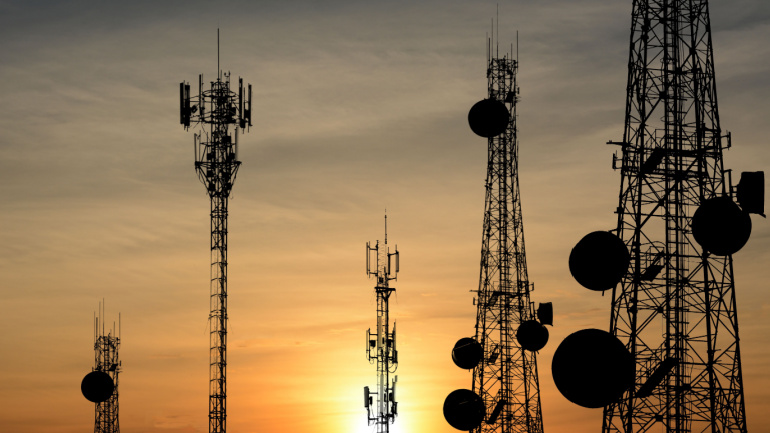Distinguished selections, momentous awards, and unprecedented telecom innovations marked the recent proceedings. Notably, Telia Company’s Global IoT Connectivity solution won the B2B Service of the Year, while PT Telekomunikasi Selular took laurels in the Digital Transformation Programme category.
The GSMA annual report depicts a thriving European mobile industry, contributing over €910 billion to the economy in 2022 with projections to hit the €1 trillion mark by 2030. Despite impressive mobile coverage across Europe, certain challenges persist. The report suggests mobile operators need to make sustained investments in networks to meet global competition, and regulatory reform is crucial. Yet, some caution that this could lead to higher prices and no increase in investment, exemplified by the US situation.
As Algar Telecom turns 70, the prominent Brazilian ISP continues to seize market share amidst 10,000 competitors. Serving 1.5 million customers across Brazil, they masterfully intertwine fiber broadband, wireless, and content services, satisfying the divergent needs of B2B and B2C consumers. The strategic blend of high-tech infrastructure and seamless customer experience propels Algar’s journey, pivoting on the indomitable broadband, termed as the “cardinal element”. Additionally, foreseeing the potential of the imminent 5G rollout, Algar’s game plan involves marrying fixed-line connectivity with wireless services, laying a robust groundwork for the future.
Nokia, the renowned network equipment manufacturer, recently joined the Ultra Ethernet Consortium (UEC). Anchored by the Linux Foundation, the UEC fortifies Ethernet technologies to satisfy the escalating requirements of AI and high-performance computing. With members such as AMD, Cisco, and Microsoft, the consortium seeks to equip Ethernet with more advanced networking functions, while maintaining its simplicity and affordability.
DIDWW, a global telecom operator specializing in premium quality VoIP communications, two-way SIP trunking, and SMS services, has become a strategic voice partner with VitalPBX, a leading provider of unified communications PBX systems based on Asterisk. This collaboration enables VitalPBX users to seamlessly access DIDWW’s SIP trunking and SMS services, thereby enhancing their communication capabilities.
In a strategic move to meet the escalating demands of the 5G era and burgeoning broadband connectivity in India, Nokia has joined forces with Bharti Airtel for a significant overhaul of the optical network infrastructure. The project aims to deliver ‘massive capacity,’ enhanced reliability, and cost efficiency for enterprises, operators, and hyperscalers in the region.
In a bid to level up its national network capabilities, Swisscom has partnered with Nokia to breathe life into its Next Evolution Wavelength Transport Optical Network (NEWTON). This cutting-edge network is designed to deliver high performance, cost efficiency, and an elevated customer experience. Amid the increased demand for robust support from remote workforces to cloud computing, Swisscom turned to Nokia’s comprehensive range of optical networking solutions, a move that saw a significant upgrade which included the launch of 22 backbone sites and 560 metro sites.
China’s “dual carbon” mandate is reshaping data centers, creating an eco-conscious equilibrium between robust computational power and sustainability. Consider China Mobile’s Hohhot data center, built with Huawei, melding massive computational potential with cutting-edge energy-saving technologies.
Travelers and businesses at Edinburgh Airport can expect notably improved 4G and 5G coverage, courtesy of telecom giant Vodafone. This upgrade not only means faster data speeds and better call quality, but could also pave the way for exciting new services such as digital passport controls and contactless check-in. Despite the complex infrastructure involved, Exchange Communications assures the ensuing benefits will outweigh the cost.
The UK’s Department for Science, Innovation and Technology earmarked £36 million from its budget for 10 regions, highlighting a drive towards 5G innovation. Projects range from enhancing port operations to supporting advanced manufacturing and boosting tourism. However, an interesting aspect to note is the unique applications, including agricultural advancements in Sussex and the creation of 5G science parks in Oxfordshire.













